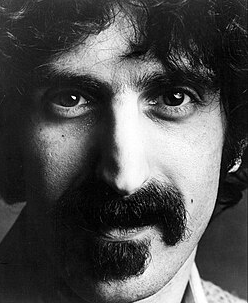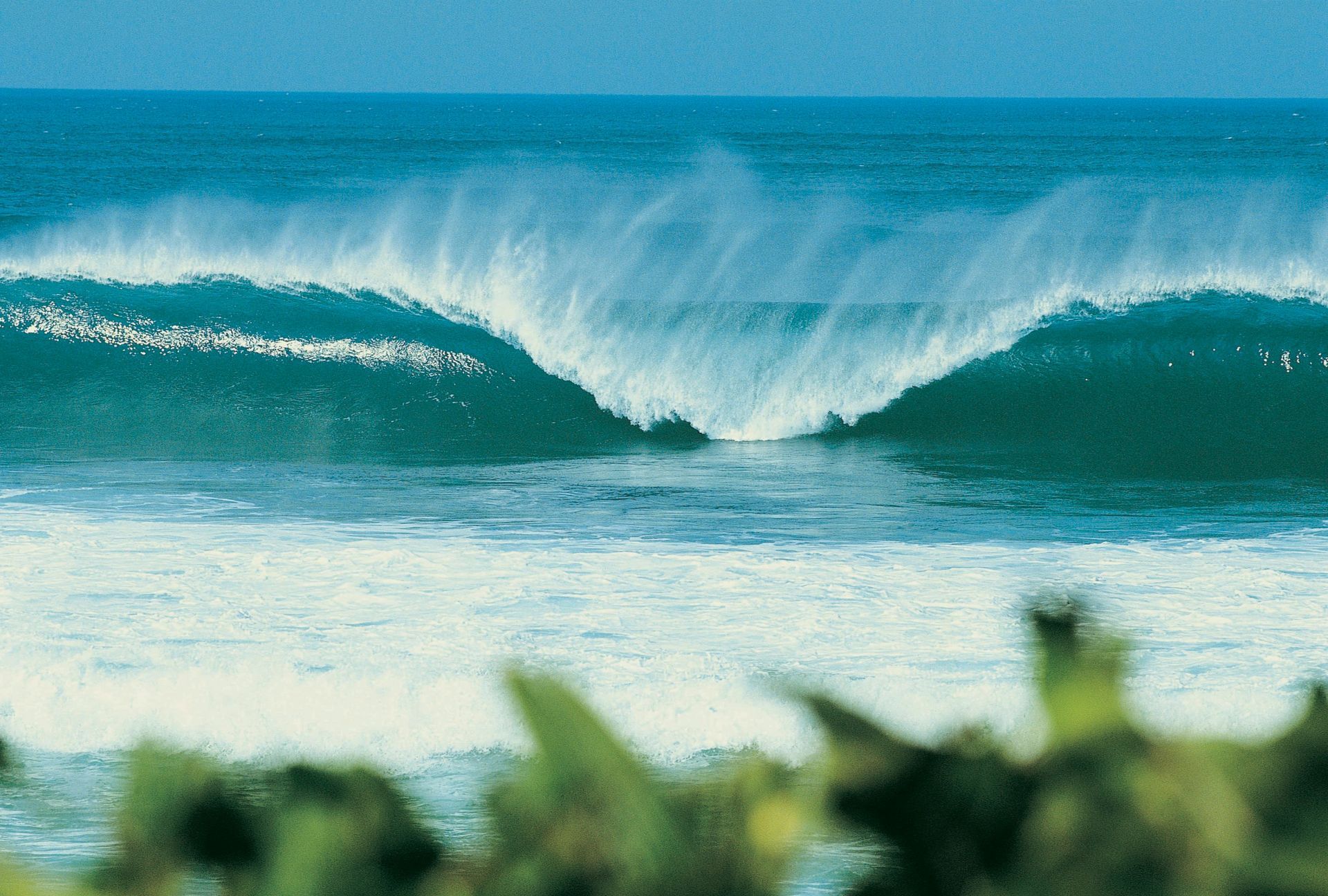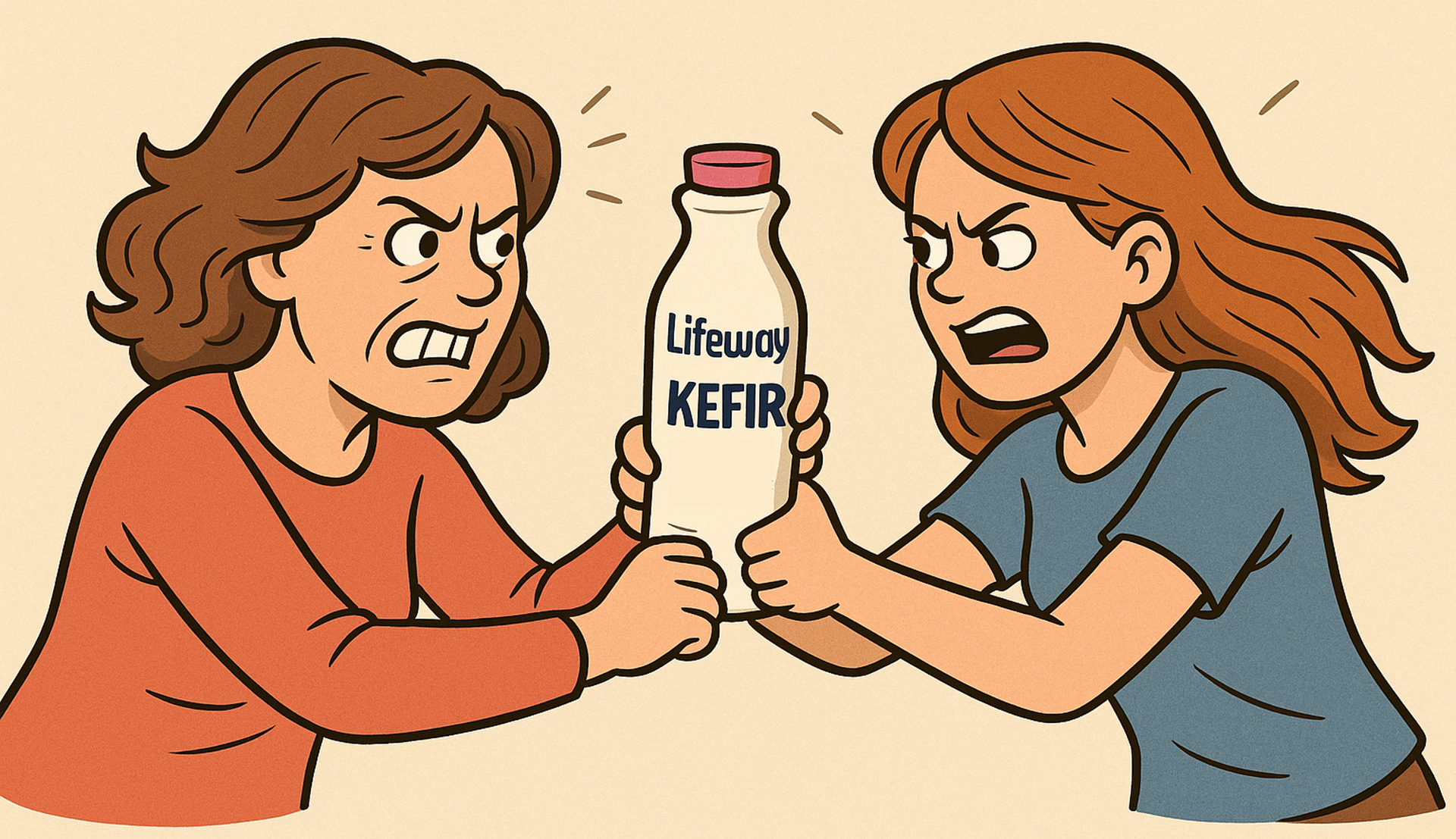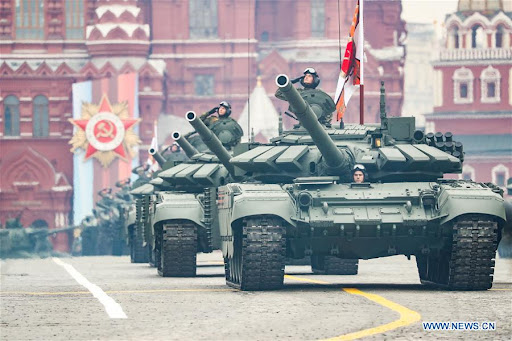Newsroom
Explore our newsroom for our weekly wreck, press releases, and trending topics.
Frank Zappa and the Wealth of Nations
Overview
Frank Zappa loved creating songs as it took little in the way of raw materials and created wealth in the process. Perhaps a variant of this notion is the true driver of wealth, prosperity, and credit quality.

Creating Wealth
While Mr. Zappa is better known as an edgy rocker of a bygone era, his insights into the building of wealth remain true to this day. Essentially, the trick is to create value while minimizing input costs. Below is one of Mr. Zappa’s more famous quotes:
"Art is making something out of nothing and then selling it.”¹
While few can aspire to be a top-selling musician, there are parallels in other endeavors. The areas which come to mind are software firms whereby the basic code needs to be written once and can be sold globally. Hence the massive value creation of firms such as Microsoft, Adobe, and DocuSign. Similarly, the social media platforms have similar dynamics such as Meta, Alphabet/Google/YouTube, and TikTok. Though it produces lower margins, manufacturing is also appealing if done properly and has been the driver of wealth creation in most developed countries.
Perhaps the best example of the ideal manufacturing operation is a fully automated vehicle manufacturing plant. None currently exists, but Tesla is moving in that direction with the use of its giga press and robotics. The math is attractive, as probably $500 in raw materials (e.g., steel, plastics, aluminum, etc.) can be converted into a vehicle worth over $30,000. Furthermore, most people replace their vehicles after five to seven years. (Cell phones fit the same model, hence the massive value of Apple.)
The Challenge
Accepting the notion that manufacturing is one of the better ways of creating wealth, the challenge is manufacturing desirable products (back to the Zappa quote). While the current administration is working hard to reshore manufacturing capability, creating products that consumers are willing to purchase at reasonable prices can be a challenge. Elon Musk’s motto was “better, faster, cheaper.” Of late, this expertise appears to have shifted to some Chinese manufacturers with BYD showing impressive gains in its battery technology:
“BEIJING, March 17 (Reuters) - BYD on Monday unveiled a new platform for electric vehicles (EVs) that it said could charge EVs as quickly as it takes to pump gas and announced for the first time that it would build a charging network across China. The so-called "super e-platform" will be capable of peak charging speeds of 1,000 kilowatts (kW), enabling cars that use it to travel 400 km (249 miles) on a 5-minute charge, founder Wang Chuanfu said at an event livestreamed from the company's Shenzhen headquarters”.
Mirroring this sentiment is a comment on Xiaomi’s rapid rise as a vehicle manufacturer: “China as a manufacturing base for cars is simply impossible to match in scale, supply chains, materials, regulatory speed and intensity of competition,” said Michael Dunne, who runs a consulting firm focused on the China auto market, in a recent blog post.”²
Follow-on Implications
If one accepts the notion that wealth creation derives from creating something which can be sold for significantly more than the input costs (let’s call it the “Zappa Approach”) then there are some significant follow-on conclusions.
- Nation “Building” – On a macro level, Russia is spending massive amounts of time, money, and effort to gain land which will supposedly close some of the gaps invading armies might take to attack Russia. In the process, Russia has succeeded in moving Sweden and Finland to join NATO, thereby increasing its borders of non-neutral nations. Additionally, with the depletion of its weapons stockpiles, treasure, and manpower, Russia is vulnerable in the east where China covets its vast natural resources including energy and fresh water (i.e., Lake Baikal, the largest lake in the world by volume). Russia’s display of military weakness further exacerbates its vulnerability. Perhaps Singapore is a better example as a pathway to prosperity.
- GDP Measures
– Per the IMF, GDP is calculated as follows: “GDP is composed of goods and services produced for sale in the market and also includes some nonmarket production, such as defense or education services provided by the government.”³
Accepting the notion that real wealth is created by developing goods and services that can be sold at a profit, perhaps there should be more of a focus on those factors which facilitate such activities. For example, the construction of unnecessary infrastructure (i.e., bridges and roads to nowhere) might bolster GDP, but do little to enhance long-term welfare. The same argument can be made for unnecessary military actions. Conversely, the significant investment made by parents to raise children is not properly captured by GDP. - Creating the Proper Environment – Although Britain lost its empire post World War II, for the most part, it continues to thrive. Major reasons include the talent of the population, a sound legal system, reasonable education, a representative democracy, and social order. In contrast, a system which suppresses competition, steals individuals’ assets, and has unfair courts, runs the risk of alienating those who create wealth.
Note, managing the tension between creating an optimal business environment and addressing social needs is always difficult.
Sources
[1] https://americansongwriter.com/the-20-best-frank-zappa-quotes/
[2] Bloomberg BusinessWeek March 27, 2025 “The Chinese EV Maker Threatening Ford and GM”
[3] https://www.imf.org/en/Publications/fandd/issues/Series/Back-to-Basics/gross-domestic-product-GDP





